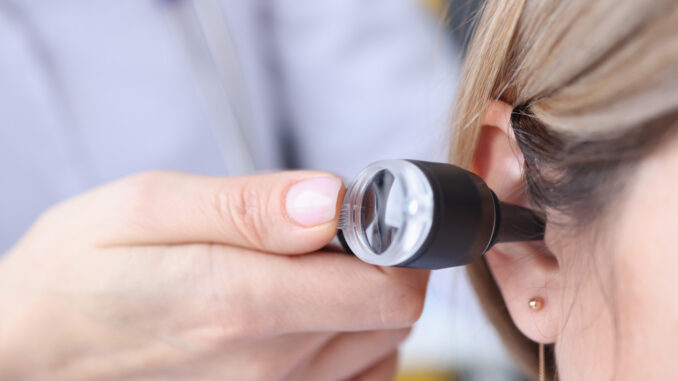
Hearing related issues as the result of working in noisy environments is a problem. Some 1 in 8 people in the UK have been diagnosed with tinnitus, but over half have experienced related symptoms at some stage, according to statistics from Bodytrak.
The HSE estimates that around 17,000 people in the UK suffer deafness, tinnitus or other hearing related problems as a direct result of working on a noisy environment.
And noisy environments are by no means limited to the ones we typically think of, such as construction and warehouse work.
In fact, amongst the noisiest working environments and roles are:
- Nightclub workers
- Live music venue workers
- Stewards and other staff working in sports venues such as football stadia
- People working on runways and close to aircraft in airports
- Musicians
- Dentists (the sounds made by dental drills can be as loud as 90 dB)
So are we doing enough as employers? Well let’s look at what you can do to help prevent work induced hearing problems:
- Use quieter equipment or modify your processes where possible. Look for the quietest equipment available to carry out the task and consider the introduction of policies around equipment buying in your business that look at low noise as a priority feature
- Fit silencers to equipment wherever possible
- Plan your workplace so machinery that’s constantly running is further away from your workers
- Limit the amount of time your employees spend in noisy areas – hearing issues are caused by prolonged periods of exposure to loud noises
- Ensure you provide all of the appropriate hearing protection – but also make sure your staff know how to use it properly, that it fits prooperly and consider the introduction of a policy to ensure staff are using their safety and protection equipment properly
- Provide frequent hearing tests for staff who are exposed to loud noises
- Ensure you carry out frequent risk assessments
Always follow HSE guidance in terms of your responsibilities to your employees.
It’s also important to encourage your staff to report any changes in hearing or related hearing problems at the earliest opportunity.
While some working environments are noisy by nature, taking steps to reduce the noise where possible, protect the hearing of your staff and adapt the layout of your working premises to reduce exposure to the noisiest equipment, you can help to reduce the risk of your employees joining the 17,000 or so who’ve already experienced hearing loss or tinnitus as the result of their work.
